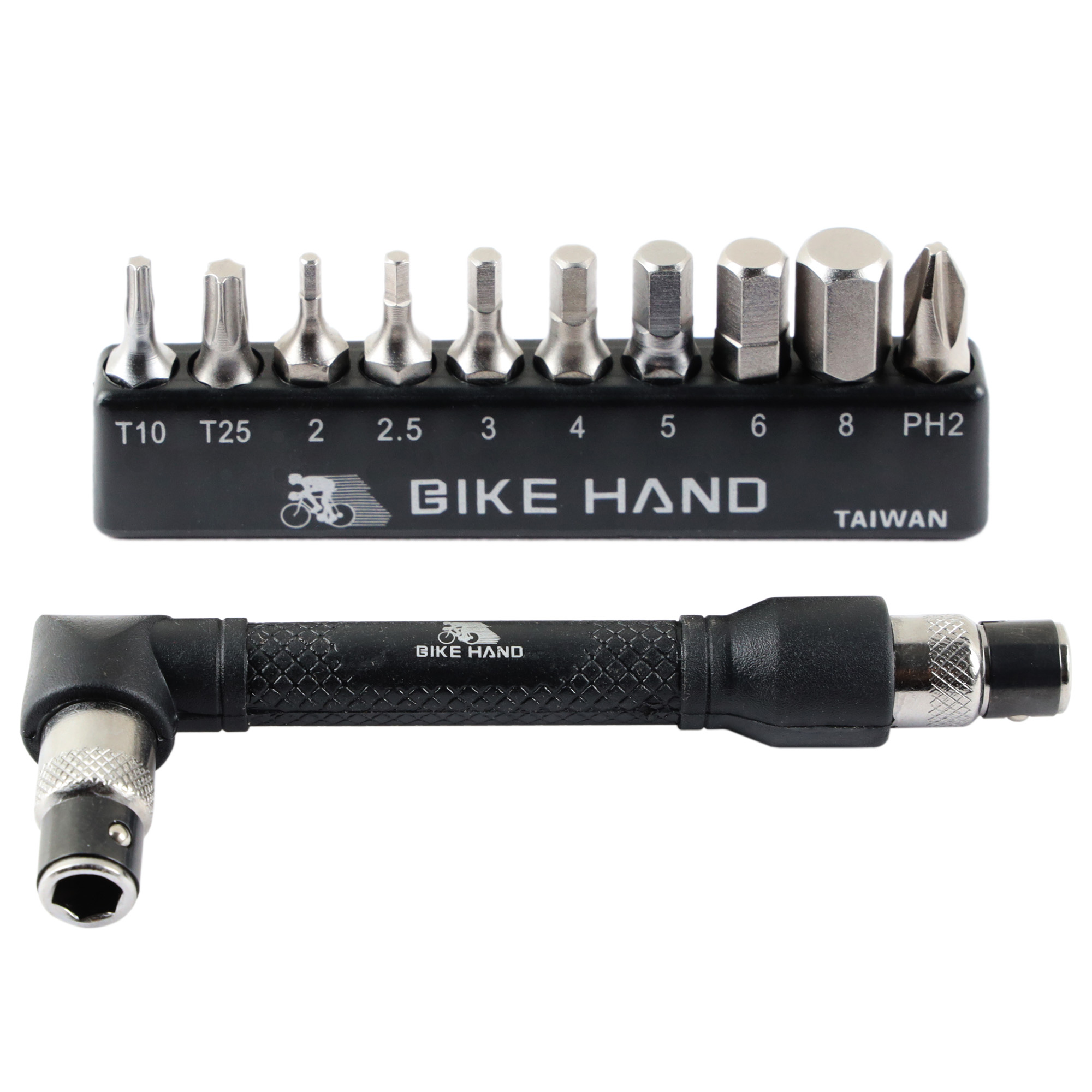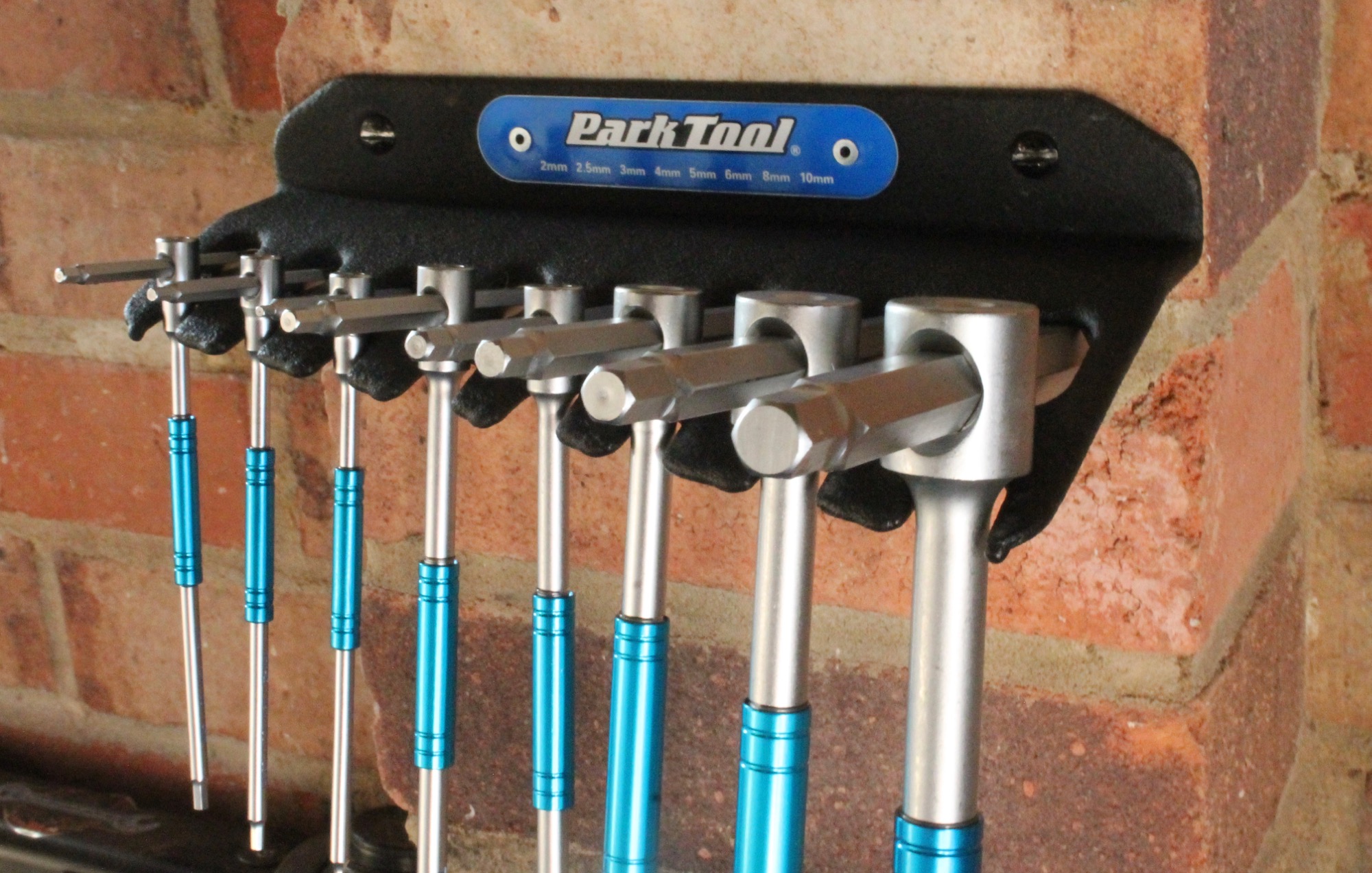

- HEX WORKSHOP PORTABLE HOW TO
- HEX WORKSHOP PORTABLE INSTALL
- HEX WORKSHOP PORTABLE PORTABLE
- HEX WORKSHOP PORTABLE DOWNLOAD
- HEX WORKSHOP PORTABLE FREE
Selling HxD is not allowed.ĭistributing it as part of magazine addon CDs / DVDs / other media or putting it on download portals or private websites is allowed and welcome
HEX WORKSHOP PORTABLE FREE
HxD is free of charge for private and commercial use.
HEX WORKSHOP PORTABLE PORTABLE
This is a great program to be added to portable apps platform Let us hear your opinion.HxD - Freeware Hex Editor and Disk Editor That was a quick review of some of the most commonly used hex editors in Linux. Hexer – Binary Editor for Linux Conclusion Some of the most notable features are – multi buffers, multilevel undo, command-line editing with completion, and binary regular expression. The difference in this one is that it is a Vi-like style editor for binary files. Hexer is another command-line binary editor. You can easily toggle between hex/decimal addresses or switch between hex and ASCI windows. It can open, edit, and save files within a friendly terminal interface that allows you to go to a specific line or perform a search. Since it has so many features and benefits, you may want to review them all on the wiki page or the official wxHe圎ditor website. It has low memory consumption and can view multiple files at once. It works faster with larger files because it does not attempt to copy the entire file into your RAM. WhHe圎ditor is aimed mainly at large files.
HEX WORKSHOP PORTABLE HOW TO
WxHe圎ditor is another one of the Linux hex editors that have some advanced features and while there is no official documentation for the editor, there is a well-written wiki page that provides an explanation as to how to use them too.

The view of hexyl is split into three columns: Hexyl Hex EditorĪnother useful tool for examining binary file is hexyl, is a simple hex viewer for Linux terminal that uses a colored output to determine different categories of bytes. Hexedit shows both the hexadecimal and ASCII view of the file at the same time. Hexedit is another hexadecimal command-line editor that might already be preinstalled on your OS. It can also convert a hex dump back to its original binary form. One of those tools is the command-line tool – xxd, which is most commonly used to make a hex dump of a given file or standard input. Most (if not every) Linux distributions come with an editor that allows you to perform hexadecimal and binary manipulation. If no package available, head over to the website of each tool where you will get the standalone package for download and installation procedures, along with details on dependencies.
HEX WORKSHOP PORTABLE INSTALL
Most of these mentioned hex editors are available to install from the default repository using your distribution’s package manager, like so: # yum install package Of course, there are many other things you can use hex editors – for example reviewing files with the unknown file format, performs hex comparison, reviewing program memory dump, and others. Some of the most commonly used cases are debugging or reverse engineering binary communication protocols.

Hex editors are used for editing individual bytes of data and are mostly used by programmers or system administrators. The difference between a regular text editor and the hex editor is that the regular editor represents the logical content of the file, while a hex editor represents the physical contents of the file. In simple words, a hex editor allows you to examine and edit binary files. But before we start, let’s look at what a hex editor really is.

In this article, we are going to review some of the best hex editors for Linux.


 0 kommentar(er)
0 kommentar(er)
